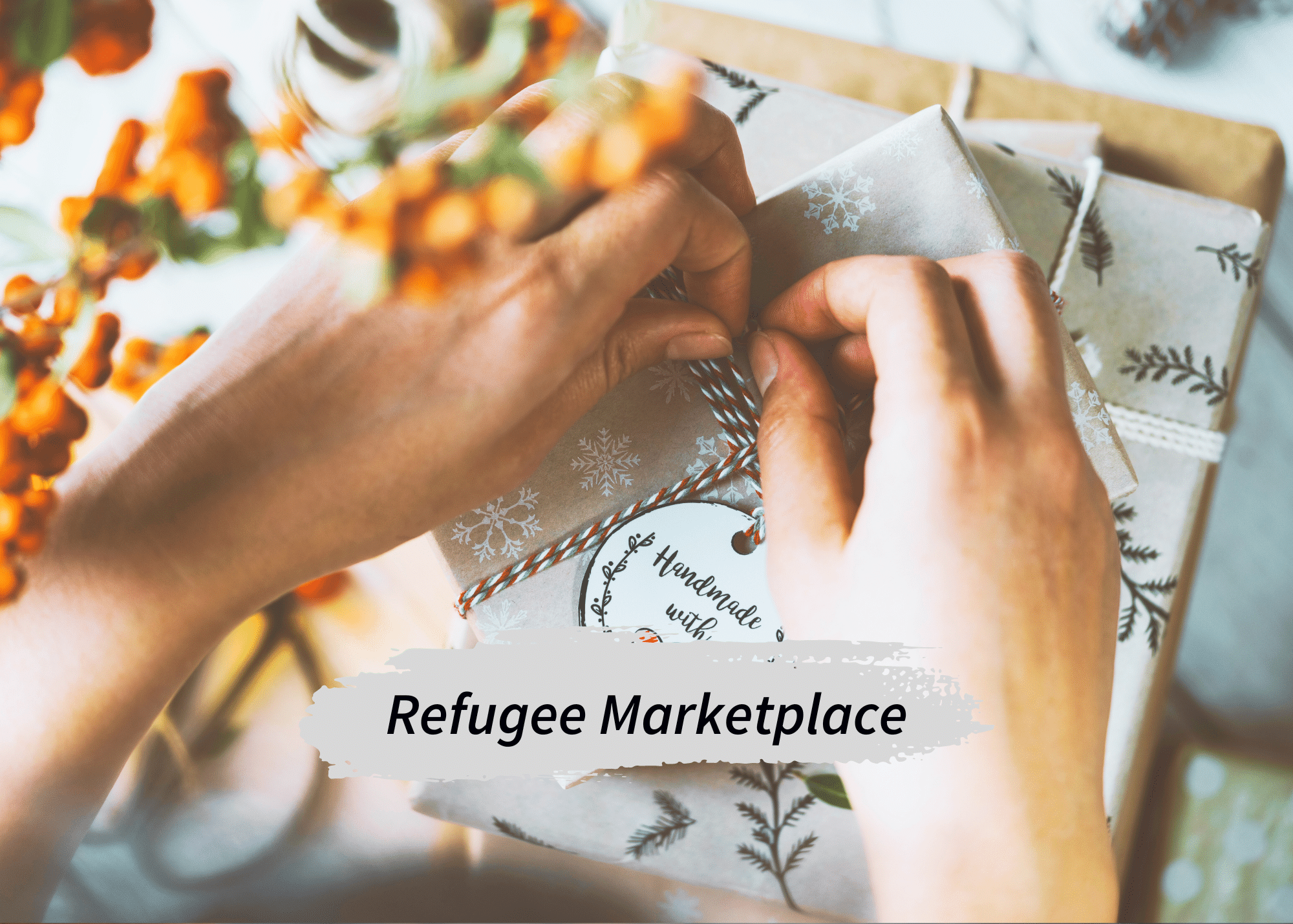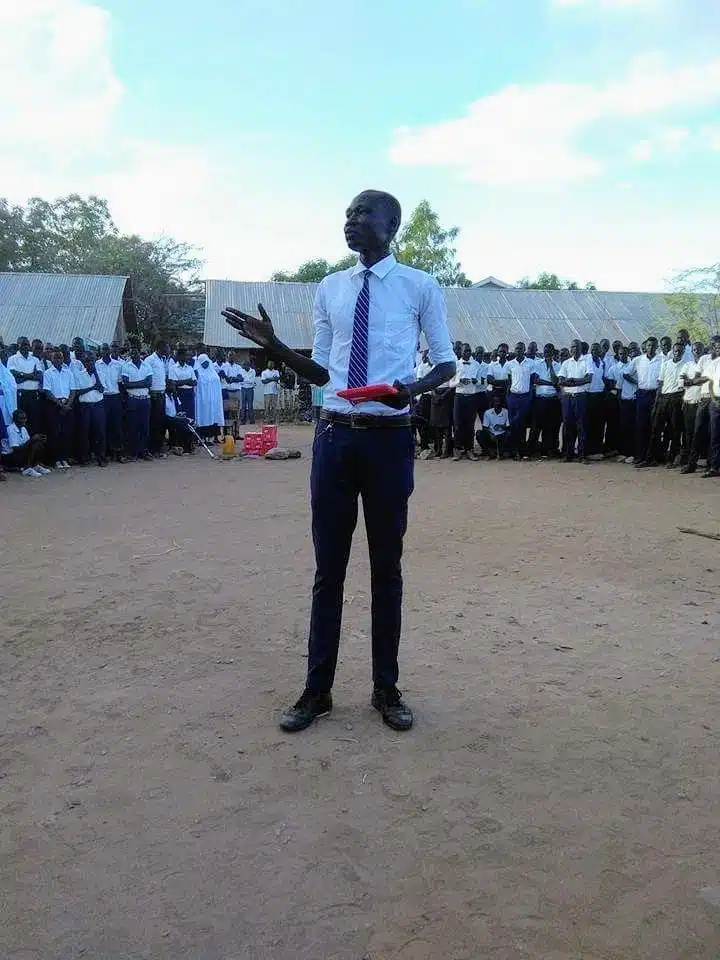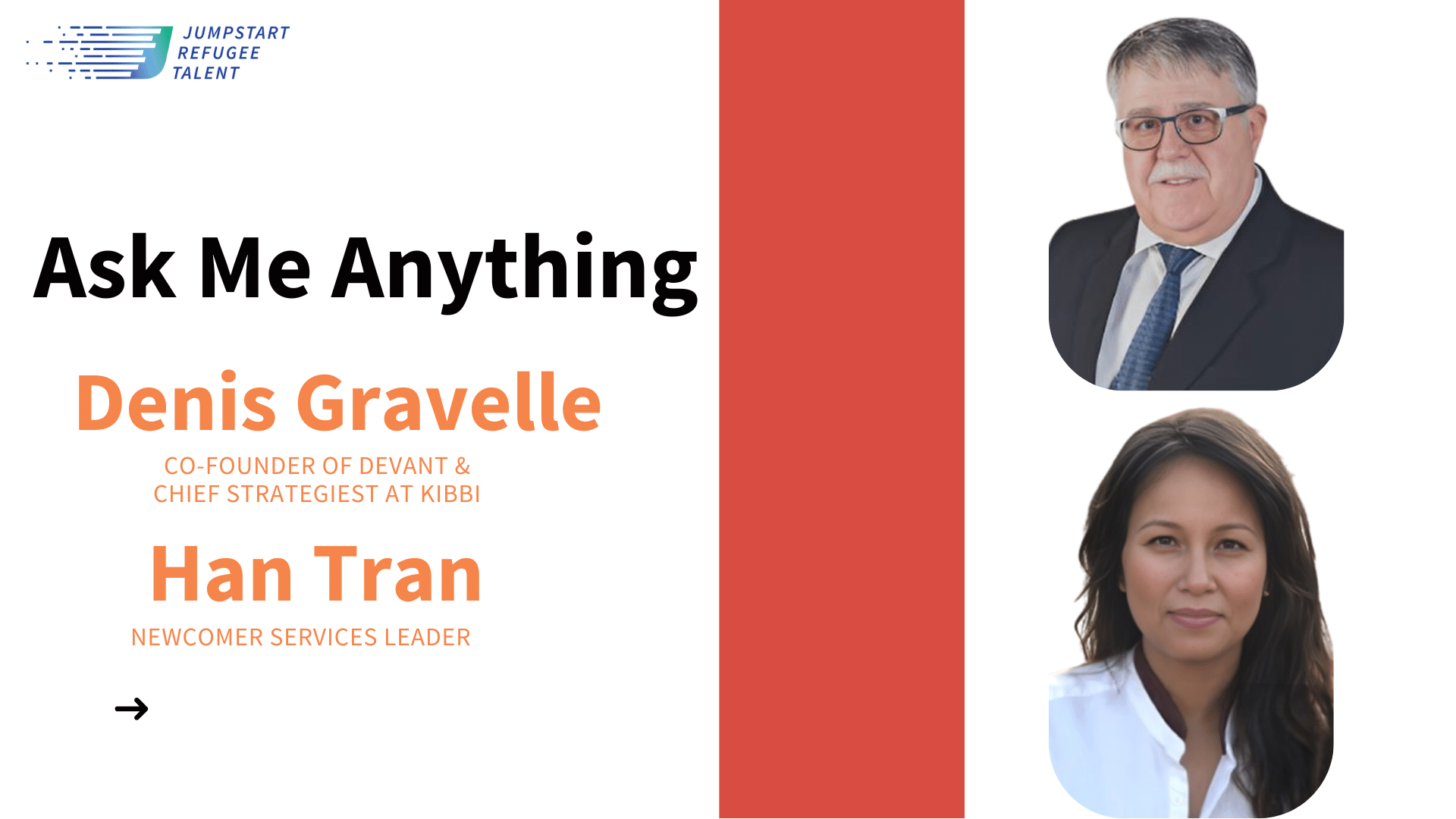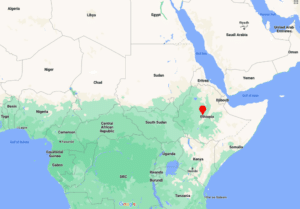Celebrating the Resilience of Canada’s Refugees
At a very young age and alone, Hakeem* had to flee home in pursuit of safety. This is his story:
“My name is Hakeem, I am from Ethiopia. I came to Canada in the summer of 2018.
I grew up in Addis Ababa where I had an average life; went to a private school and a public university. In Ethiopia, you could live a decent life, as long as you stay away from political activism. However, if you belong to a minority group, good luck processing your official documents with the government.
Before university, I didn’t know much about the hardships my fellow Ethiopians face. It wasn’t until I started school that I met people from different parts of the country and heard their stories and what they’ve been through. This is when my activism started; I joined the demonstrators in pursuit of liberties. I didn’t think it fair that people were being jailed for speaking up and demanding basic human rights.
Not only did these acts of activism affect me, but they also started to affect my family’s safety. I had to leave my hometown due to threats I received for speaking up.
Moving to Canada was not a choice for me but due to the unexpected change in the country with the Taliban takeover, I had to move for safety. We had everything, and in the blink of an eye, we lost it all. It was hard to cope with that, but I had people around me who helped. We shared stories at nighttime and daytime, and we cried. I felt tired. It’s not just about me, but the whole country, our people, and our futures. For Afghans, it’s not the first time we’re leaving our families behind and starting from scratch.
Moving to a new country where I knew no one at the age of 19 was not easy. I would say, google was my friend. It was a bit of a hustle, but I managed, slowly. I applied for refugee status, stayed at a shelter for refugee claimants, and went to a high school for adults. When I found out that York University accepted applications from refugee claimants, I enrolled and took a couple of courses. I didn’t want to start from scratch since I already started my computer science degree two and a half years ago back home.
Civics was my favorite subject in school, but I was known to be the IT guy in my high school among my peers – creating websites and coding for my friends and teachers. I think this skill helped me get a scholarship in Canada. A year later, I got my diploma in web development.
After getting my diploma, I started applying for jobs. Having no prior work experience, being new to this country, and fairly young, I didn’t get many replies, nor any job offers. My current housemate went through a similar process and recommended Jumpstart Refugee Talent to me. I was feeling hopeless from the turndowns of job applications but decided to apply and try working with a mentor as my housemate recommended. I was matched with a mentor through the Welcome Talent Canada mentorship program at Jumpstart Refugee Talent. He was such a great mentor; helped me rewrite my resume, prepare for interviews, and guided me through the process. He went above and beyond to support me. Eventually, I was offered a job as a software engineer.
To be in a field I love and get paid well is the biggest achievement for me. I did it myself: I came here as a 19-year-old, with no support. I had to work while studying. in Toronto which is a very expensive city. There were times when I was financially struggling.
I would advise refugees not to give up. I see a lot of people with master’s and PhD degrees who are in jobs other than their fields of expertise. Not that some jobs are less important than others, but having skilled refugees working in jobs outside their fields feels like a waste. Canada can benefit from the knowledge these refugees bring. Refugees need to go out more, meet people and network and Canadians need to give them a chance.”
* Hakeem uses a pseudonym for privacy reasons.
Learn more about our Welcome Talent Canada Program, where we match mentors and mentees for valuable learning exchanges that facilitate networking, growth, and career pathing for refugees to Canada.






